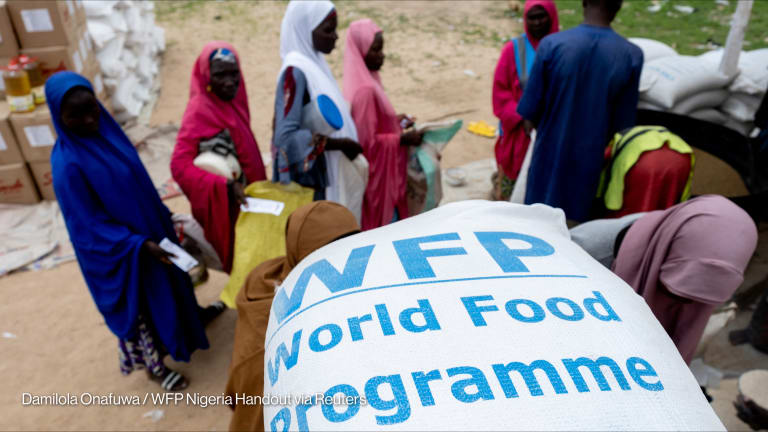Last month, the World Food Program made a welcome announcement: For the first time since the Syria conflict first erupted, the United Nations food agency’s emergency operation feeding more than 5 million people had received enough funding to sustain it through most of 2016. As a result, ration cuts that had been made last summer were restored and families will once again receive enough food assistance to stay healthy.
What’s unfortunate is how long it took to secure this support. For the past six months, Syrian refugees in Lebanon, Jordan and elsewhere have been barely getting by. Last July, WFP was forced to halve its rations from $28 per person per month to just $14. For Syrian children, the consequences of half a year of inadequate nutrition could last a lifetime. As an aid worker told me once, “Food can’t be made up for.”
Worse still, financial support for the agency’s operation within Syria runs out again in October, at which time WFP will face the prospect of cutting food assistance for the country’s most vulnerable.








